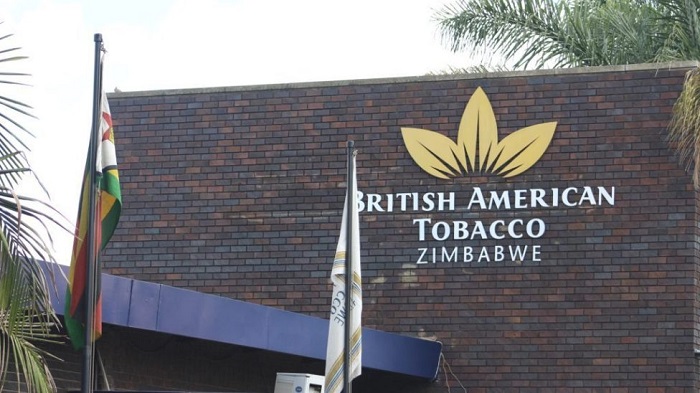BAT full-year sales volumes drop 12pc
Cigarette manufacturer BAT Zimbabwe reported a 12 percent drop in sales volume for the full year to December 2020, a period management said was characterised by inflationary pressures that eroded consumer purchasing power.
Volume decline was more pronounced in the low value for money brand segment (Ascot) where sales declined by 47 percent.
The aspirational premium segment made up of brands like Dunhill, Kingsgate and Dunhill Newbury also registered a significant sales volume decline of 45 percent. In the value for money segment, (Madison and Everest) volumes eased by 8 percent.
In a statement accompanying the g
oup’s full year to December 2020 results, management said the volume reduction in sales volumes “was driven by shrinking consumer disposable incomes due to the challenging economic environment and the Covid-19 pandemic’s impact on sales.”
There was, however, significant growth for the company’s premium brand, Dunhill, which recorded a significant increase in volume of 1,481 percent versus prior year.
It is, however, important to note that the brand only returned to the market in March 2020.
The company struggled to import it the previous financial year.
Despite the drop in volumes, revenue at $2 billion in inflation adjusted terms increased by 40 percent when compared to the previous year driven by price increases as well as revenue generated from the export of cut-rag tobacco.
The two revenue generating streams resulted in a gross profit of $1.071 billion, an increase of $18 million or a growth of 2 percent when compared to the same period in 2019 where gross profit amounted to $1.053 billion.
The revenue growth was, however, lower than growth in costs reflecting inflationary pressures the business had to contend with.
Selling and marketing costs increased by $149 million which was 118 percent higher in comparison to the same period in prior year.
“This was mainly driven by additional marketing investments and strategic initiatives, which were implemented by the company so as to respond to, and, to satisfy the consumer preferences.”
Administrative expenses at $335 million were 156 percent higher than the previous year, driven by a general increase in costs.
Other losses increased by $106 million from $276 million due to the devaluation of the local currency and foreign exchange losses on foreign creditors.
The company, however, closed the period in a profit position following a monetary gain of $183 million compared to a monetary loss of $524 million prior year comparative.
This led to a profit after tax of $61 million against a prior year’s loss of $124 million.
Basic earnings per share thus amounted to $3,51 against a prior year’s loss per share of $7,15. – www.ebusinessweekly.co.zw










